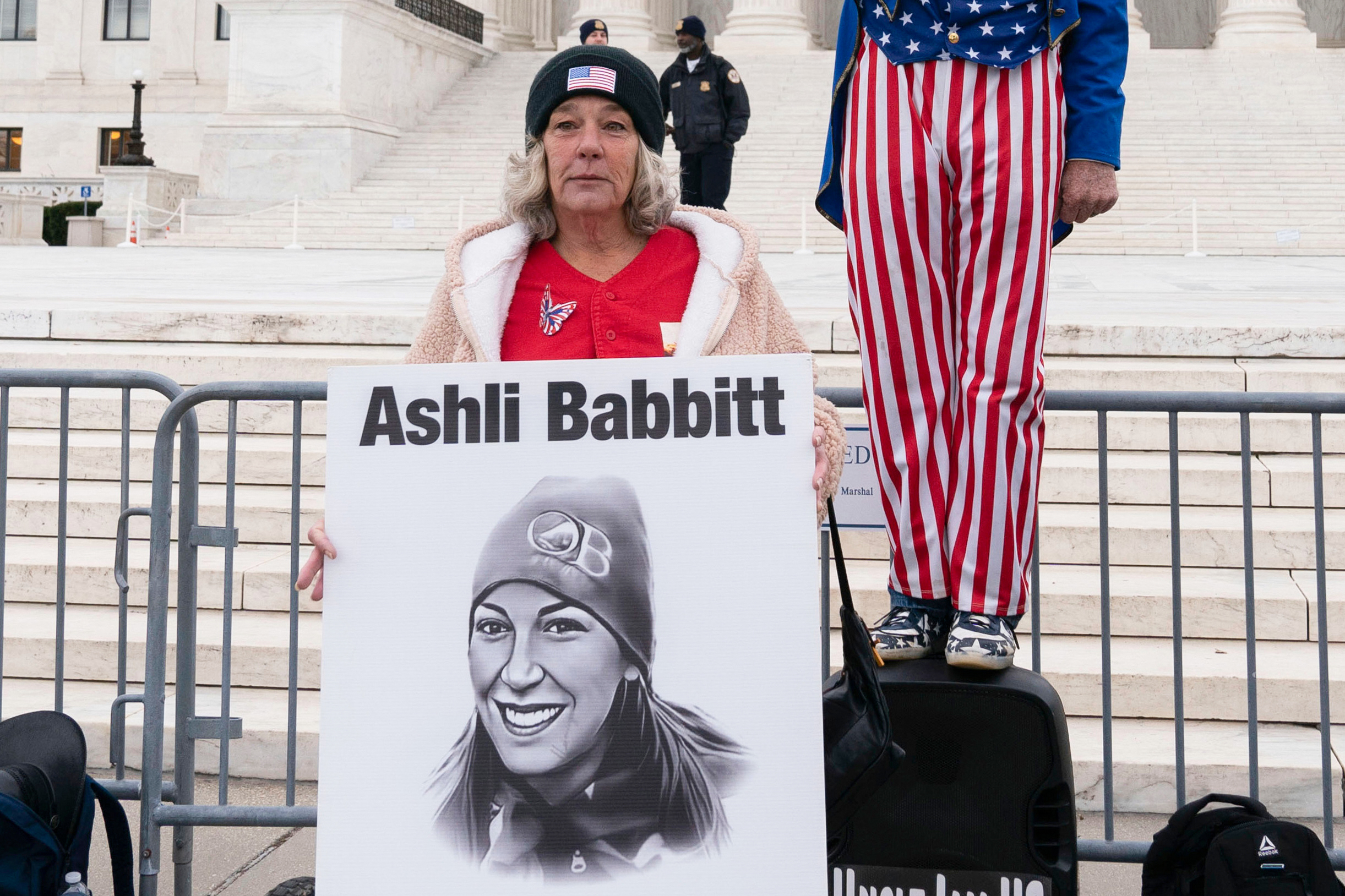"In the
6-3 decision, which included some unlikely alliances,
Supreme Court justices ruled that federal prosecutors improperly charged hundreds of January 6 rioters with obstruction, a charge that comes with a maximum penalty of 20 years. The case hinged on part of a law that was enacted after the exposure of massive fraud and shredding of documents during the collapse of the energy giant Enron.
The
disputed language in the law prohibits anyone from “corruptly” destroying or concealing a government record, or who “otherwise obstructs, influences, or impedes any official proceeding, or attempts to do so.”
It’s the “otherwise” that is at the heart of the
Fischer case. Justices had to determine whether January 6 rioters who didn’t physically destroy documents, but whose actions were intended to disrupt the certification of President Joe Biden’s electoral victory, participated in obstruction of justice.
Writing for the majority, Chief Justice John Roberts said that federal prosecutors interpreted the law too broadly, lumping together disparate actions that carry different penalties. Roberts was joined by four other conservative justices—Clarence Thomas, Samuel Alito, Neil Gorsuch, and Brett Kavanaugh—as well as Kentanji Brown Jackson, who is typically more liberal. "
BU historian Thomas Whalen analyzes the ripple effects the decision may have on the presidential election

www.bu.edu

www.newsweek.com
